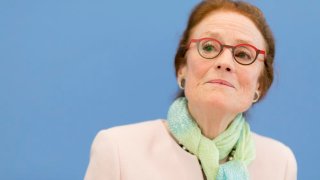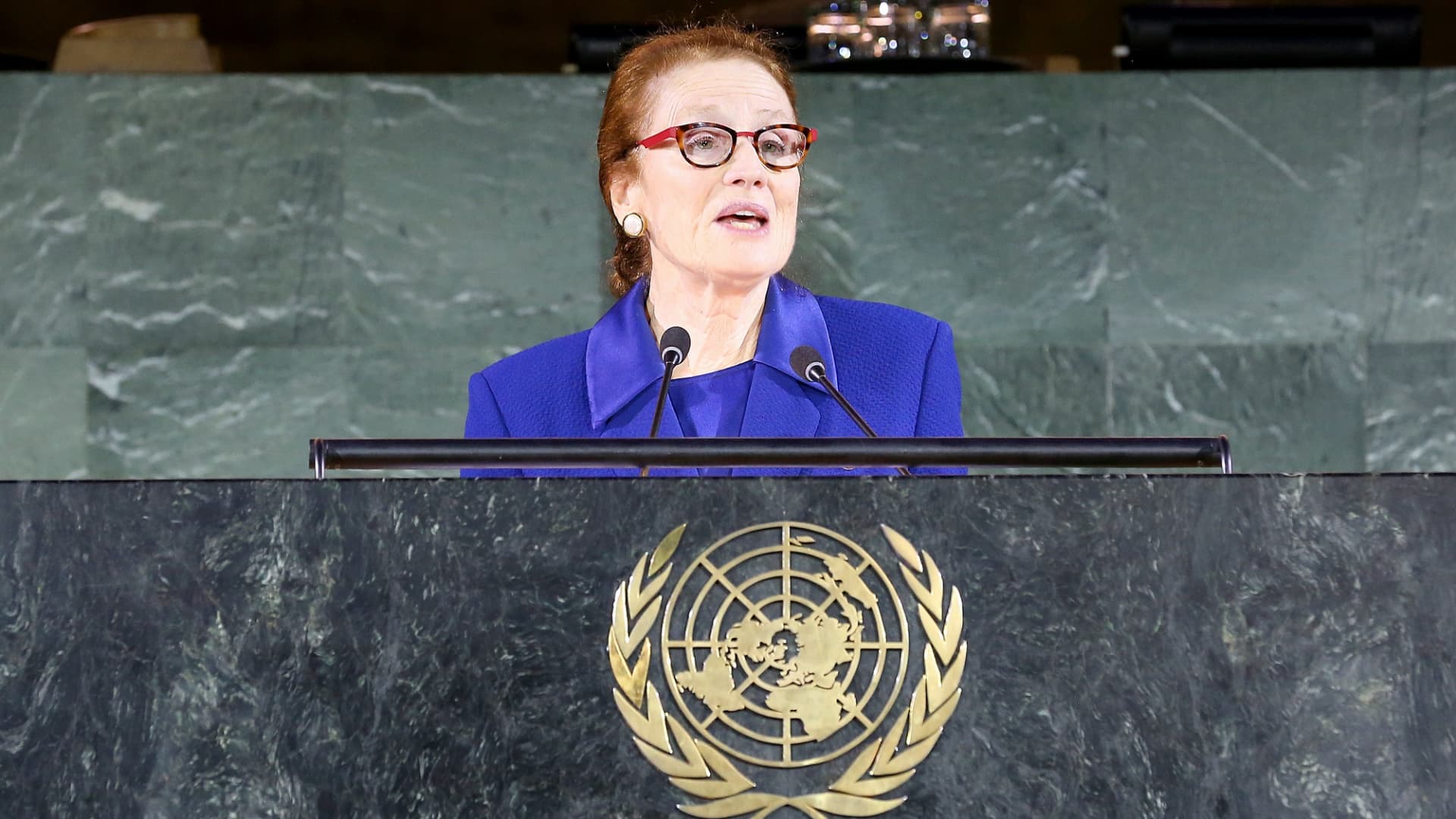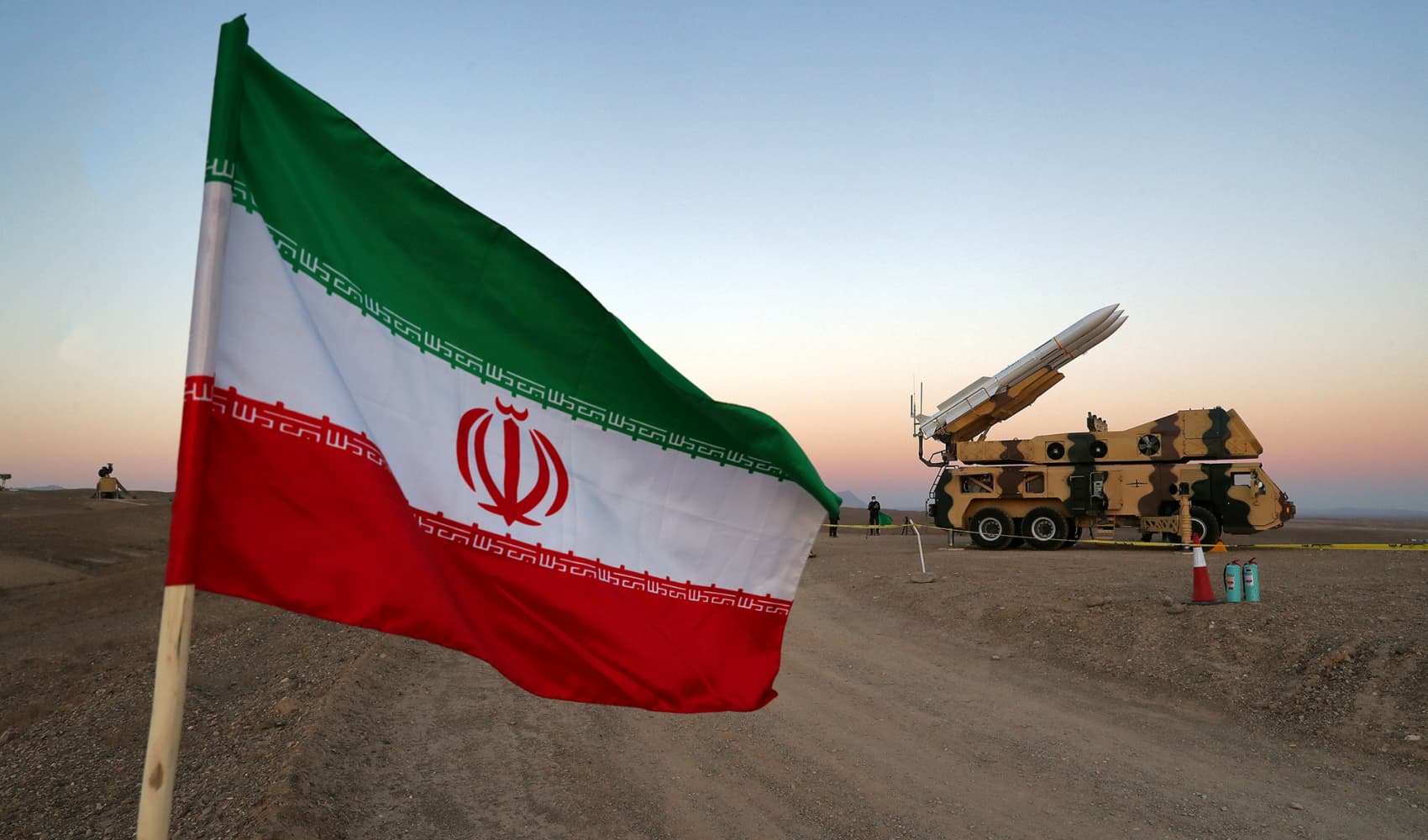
One year after the first cases of coronavirus were reported, communities around the world are still struggling and continuing to measure the toll that the virus has taken.
Henrietta Fore, executive director of UNICEF says that her organization is observing a "global education emergency."
During the height of the pandemic "we had 1.6 billion children out of school," Fore tells CNBC Make It. "Now, that number has fallen to maybe a quarter of a billion but we have a great number of children who do not have access to remote or distance learning. Remote learning used to be a nice-to-have. Now, it is a must-have."
She fears that "many girls will never return to school" in communities where girls are expected to take care of family members and estimates that one out of every three children worldwide currently does not have access to in-person or remote learning — a startling statistic that has significant short and long-term ramifications.
In the short term, Fore says she is concerned about exacerbated gender inequity and worsened inequality between wealthy and poor students and children falling behind.
"One of the first areas that really concerns us is the amount that children forget when they're not in school. The most recent studies show that just in a matter of two, three, four weeks, children begin to regress academically and socially," explains Fore. "For many children, they've been out of school now between three months and 12 months."
She continues, "An idea that has been very strong in the education community has been the need to have remedial or catchup classes for many of the most marginalized children, but now we're going to have to think of this for broad swaths of populations. It's not just going to be for the marginalized and the most marginalized. It's going to have to be for children in many countries and many contexts."

Fore stresses that this global education emergency is occurring in poor countries as well as wealthy ones, such as the United States.
Money Report
"These are issues that are in every country and in many communities. You would be surprised at how much division there is between those schools and those students and those households who have connectivity, who have the ability for remote and distance learning, and those who do not," she says. "This is not just an issue in the developing world. It's in the developed world."
In the long term, failure to take care of and teach children during the pandemic may also have economic ramifications, as some countries are able to train future workers and others fall behind, as well as mental health ramifications.
Fore points out that schools are often crucial spaces for addressing mental health challenges among children.
"Mental health is a key issue and we are going to be living with it for decades to come," she says. "It leaves scars that we cannot see, but it doesn't mean that they're not there. "
Don't miss:






